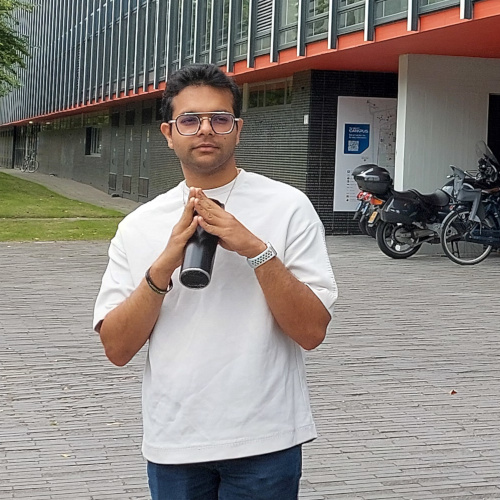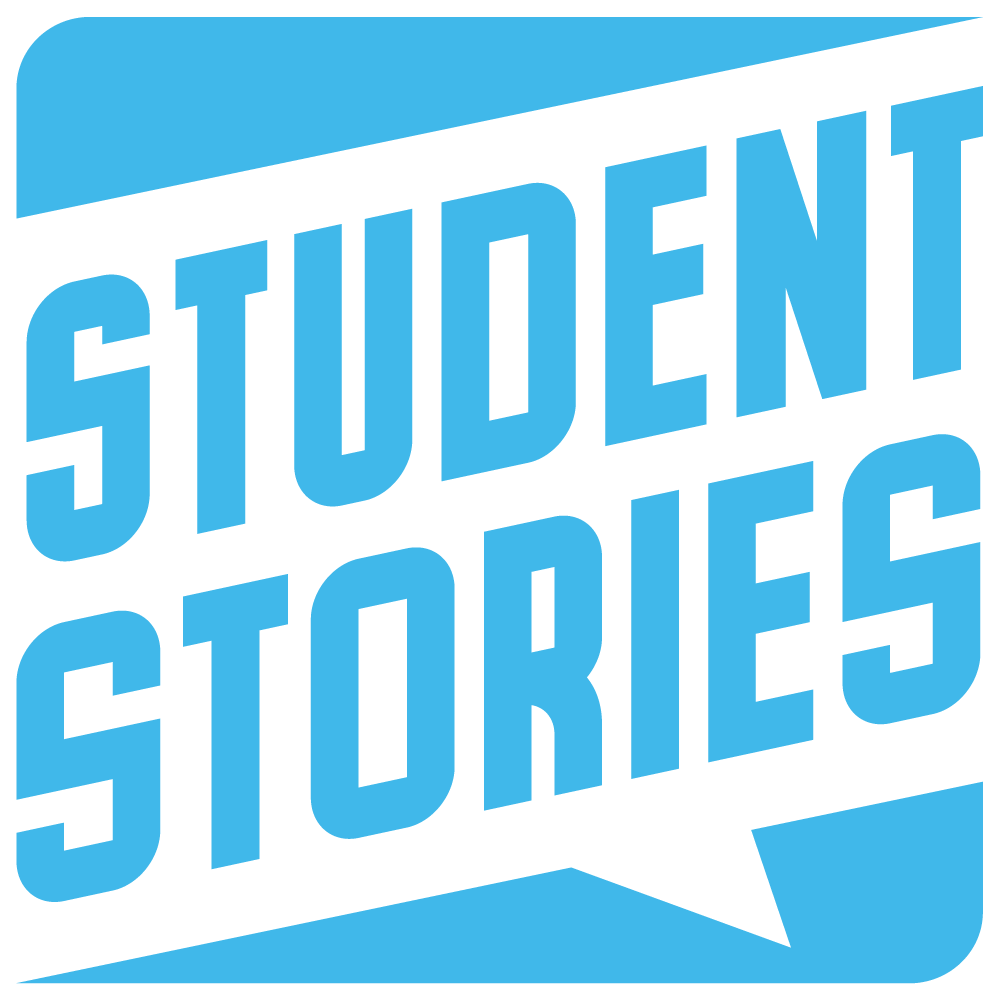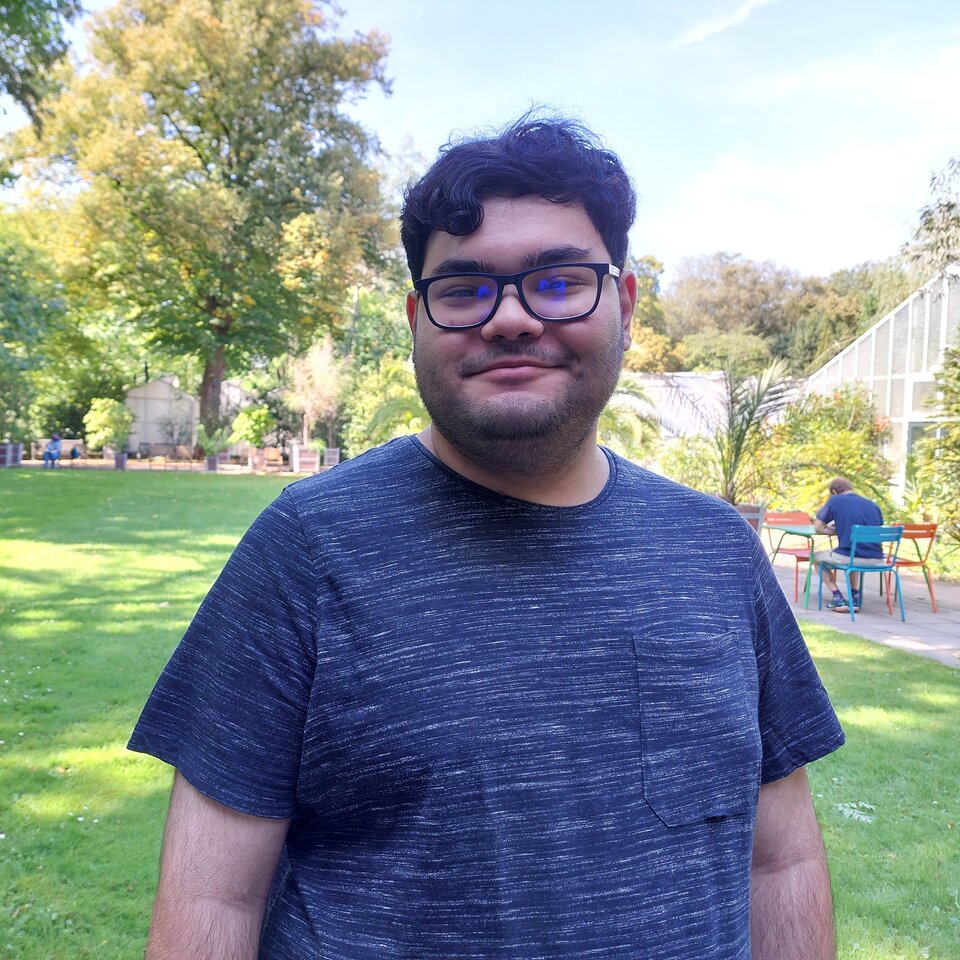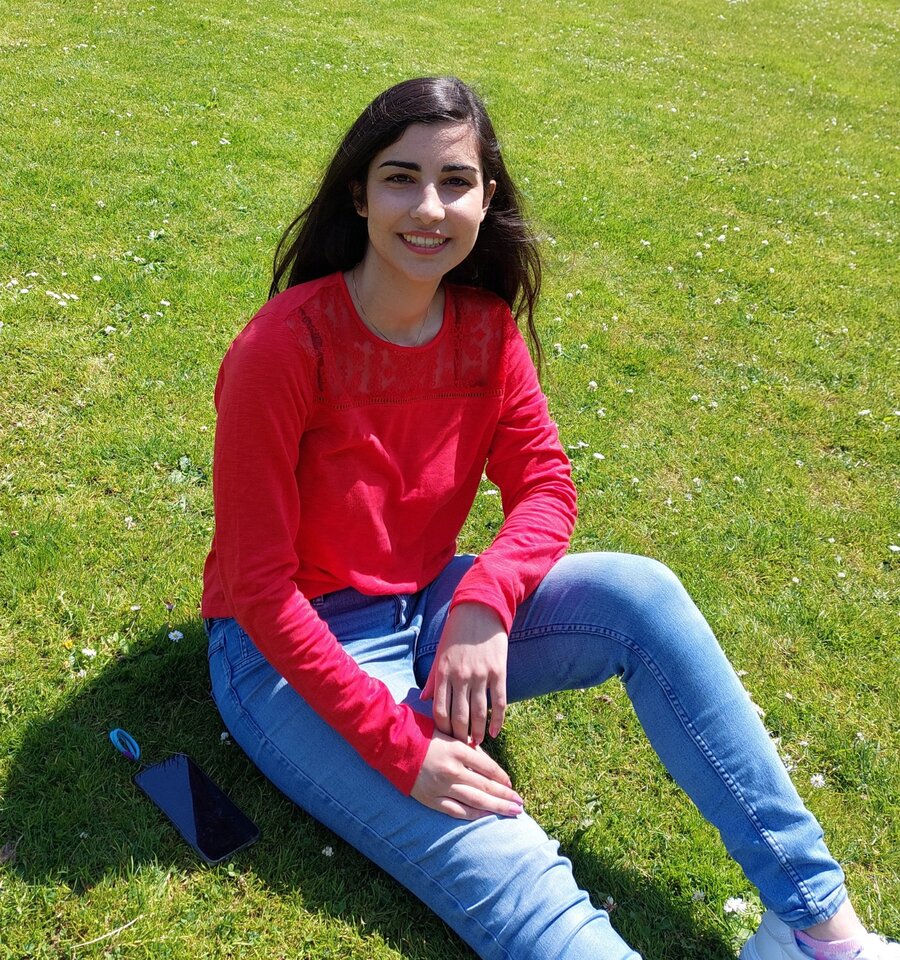Unlocking the Secret to Successful Train Schedules
You're traveling from Delft to Amsterdam Central, with a transfer at Leiden. But there's a catch—the connection time is just two minutes, and your current train is running late. You could sprint to the right platform to catch the next train, but you definitely won’t make it in time. “That’s something I want to change”, shares Computer Science master student Prakhar Jain.
For his master's thesis, Prakhar applied cryptography to make train schedules accessible to various stakeholders while protecting privacy-sensitive information. For example, NS predicts travelers' demand for routes like Delft to Amsterdam using demographic data, such as travelers' occupations—information that must remain confidential. Through cryptography, ProRail can find out what the maximum demand is, without ever accessing the actual sensitive data. And with that information, they can optimize train scheduling to meet demand as effectively as possible.
Which master did you do, and why did you choose this one?
I am doing a master's in Computer Science at TU Delft’s faculty of Electrical Engineering, Mathematics, and Computer Science. I've always had an interest in computer science, and I wanted to pursue that. But I have other interests, and I wanted to figure out what I like the most. So I actually did a bachelor's in computer science at a liberal arts university in India. I had to take courses in philosophy, history, and political science. Based on that, I decided that computer science was the right fit for me, and that's why I wanted to do a master’s in computer science.
For my master's thesis, I used cryptography to make train schedules accessible to different stakeholders without giving away privacy-sensitive information. I've always had a lot of interest in public transport, which is also one of the reasons why I wanted to come to the Netherlands and discover its public transport.
What was your research project focused on?
My favourite course during my master’s was Cryptography. Cryptography means that you take a piece of digital information, and you put a lock on it. Everyone can see that there's a lock. However, only specific people have the key to unlock it and see what’s actually inside.
For my master's thesis, I used cryptography to make train schedules accessible to different stakeholders without giving away privacy-sensitive information. I've always had a lot of interest in public transport, which is also one of the reasons why I wanted to come to the Netherlands and discover its public transport.
Public transport in the Netherlands is very good, but sometimes it can be a little bit chaotic. When I traveled from Delft to Amsterdam Central, I had to switch trains at Leiden. But that caused a problem because there was only a two-minute gap to catch the next train. And the train that I was on was a little bit late. I tried to run to the right platform to catch my connecting train, but I didn’t make it. If the trains are scheduled in the right way, that would never happen. That's why I thought: this is what I want to do for my master’s thesis. But there was an issue. The Nederlandse Spoorwegen (NS) knows when their trains are scheduled, and in order for the connecting trains to be scheduled in the right way, it’s important that they share this information with other companies. However, they do not want to share this information.
NS knows what the demand is for their route between Delft and Amsterdam, for example, but they don't reveal this because they are a for-profit company. If they reveal this information, there will be another company trying to offer transportation for the same route. They predict demand for their routes using demographic data, such as travelers' expenses, age group, occupation, etc, which is confidential and cannot be exposed. Railway operator ProRail can find out the maximum demand through cryptography without ever accessing the actual sensitive data. With that information, they can optimize train scheduling to meet demand as effectively as possible.
Prakhar Jain
MSc Computer Science
When I was doing literature research for this project, I realized that no one had ever done this type of research before, and I think that’s really exciting.
And what's the societal impact of the project?
When I was doing literature research for this project, I realized that no one had ever done this type of research before, and I think that’s really exciting. By improving train schedules we can reduce delays, which can prevent (economic) damages for both travelers and the industry. I want to continue implementing my research, to impact train scheduling in the whole of the Netherlands, and beyond!
Were there any challenges within this research project?
The biggest challenge was that we had weekly meetings within our research group and all the master students got to present what they had done for their projects in the last week. We all got around 7-8 minutes to present this. The biggest challenge was to condense everything I had done in a week and to make sure that everyone understood what I was doing. And in the beginning, I was reading 10 to 20 papers in a week. And it was difficult to determine which ones were important and which ones weren’t.
What do you like about studying at TU Delft?
The courses are really fun. They were taught in a really nice way. I had a pretty good relationship with my supervisor, that I did my thesis with. It is really nice because the professors are all very approachable. There are students from a lot of different backgrounds and they have lots of fresh and different ideas. I think there’s a very nice harmony here. That is actually really nice here.
And just in general, these were definitely the best years of my life. I started playing a new sport so that was really good. I played dodgeball for the university. I got into new music, I discovered new things, I got into climbing. I made some really nice friends, and I’ve been on a lot of weekend getaways. Life – because of TU Delft - has been pretty good, honestly.
What are your plans for the future?
In the summer I was working with the Amsterdam Advanced Metropolitan Solutions (AMS) Institute, on their Smart Mobility project, which has a similar goal as my thesis project. I actually exchanged emails with the AMS Institute a couple of days ago. The institute, my thesis advisor, and me: we are all interested in taking it forward. The first step for me right now would be to get it peer-reviewed and published because once it's published, then we can actually pitch it to organizations that can make it work. I want to pitch it to network operators like ProRail, who can actually bring this project to life.








